Tag: research and analysis
-
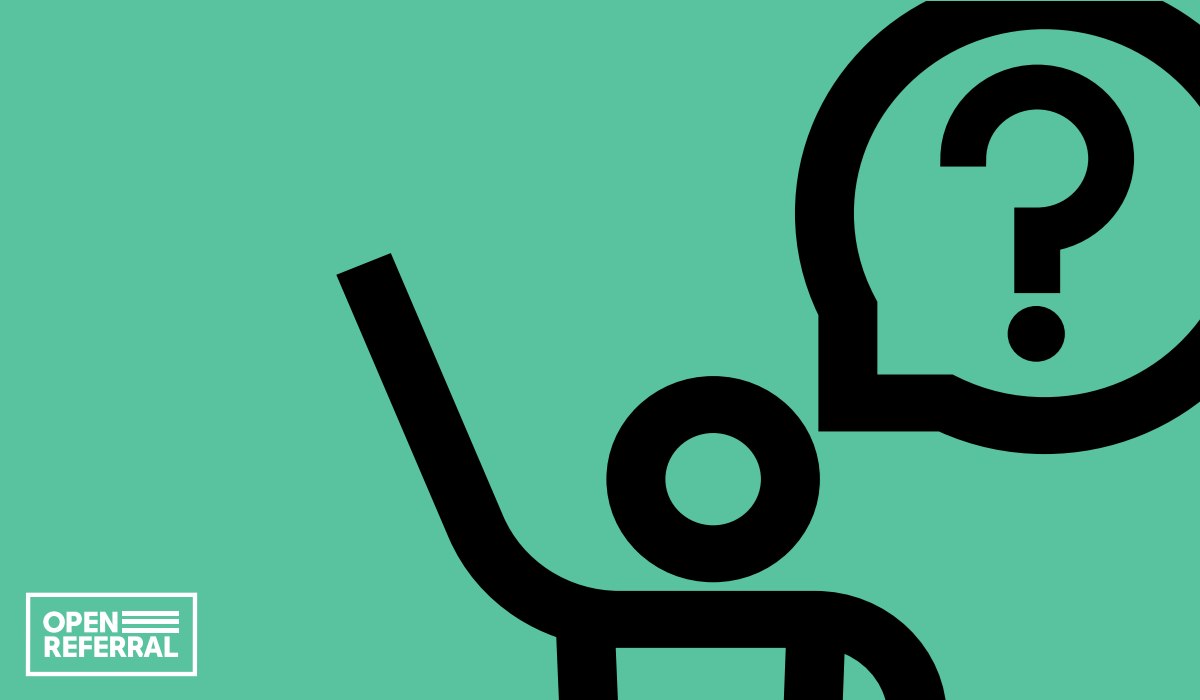
Governing the Resource Directory Data Commons: A Vision and A Call to Action
Open Referral’s mission is to establish resource directory data as a public good – reliably and sustainably made freely available to all. Toward this end, we developed the Human Service Data Specifications – but we also know that solving this problem requires more than just technical interoperability among resource directory information systems. Indeed, success entails…
-
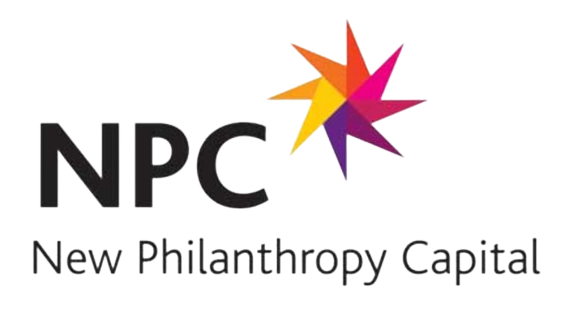
Report: building community-based service signposting infrastructure in the UK
NPC (New Philanthropy Capital) is a UK-based nonprofit whose mission is to help nonprofits and those that fund them to maximise their impact for the people they exist to serve. We work with individual nonprofits and funders to help them develop their strategies, learn and improve as individual organisations, and over our 20 year history…
-

Tackling Data Dilemmas in Social Care Coordination: A Whitepaper on Community Information Exchange
Last year – with sponsorship from Robert Wood Johnson Foundations’ DASH program, and in partnership with the Regional Data Alliance at University of Missouri St Louis – I co-authored a whitepaper that aggregated research and recommendations from across the emerging field of “social care coordination.” This paper provides a strategic framework in which to understand…
-
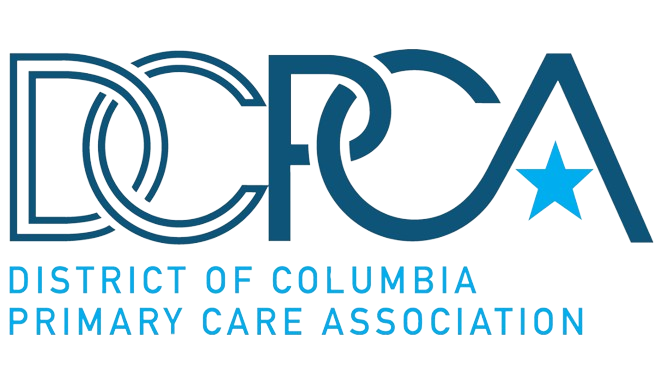
The DC Community Resource Information Exchange: Phase One Report
The District of Columbia’s community of health, human, and social service providers are struggling with a familiar challenge: they want to be able to more effectively coordinate care among their patients and clients, yet their systems can’t currently ‘talk’ to each other. In response to this issue, DC’s Department of Health Care Finance (DHCF) initiated…
-
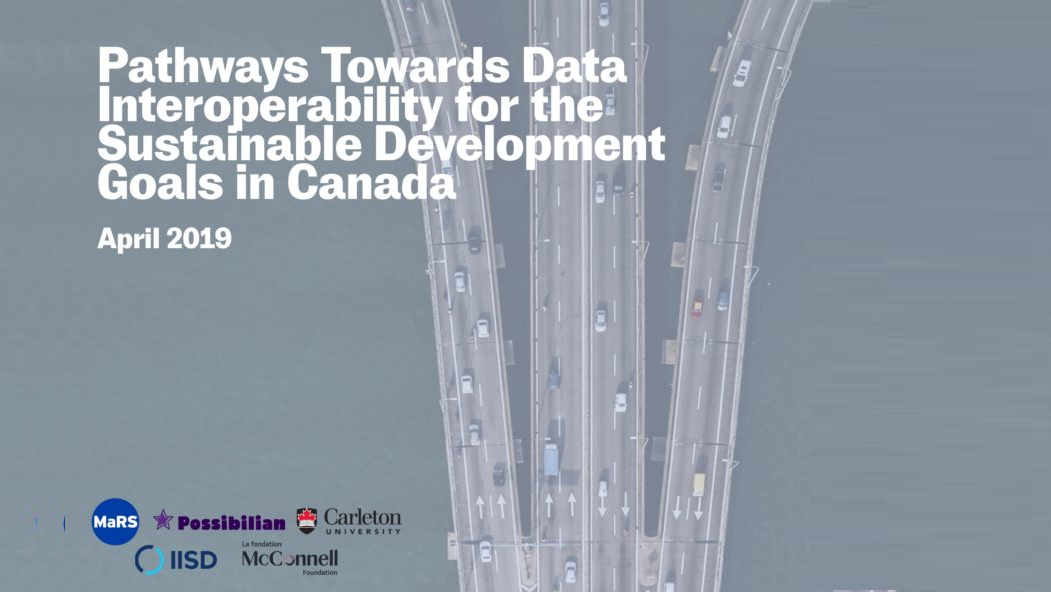
New research finds urgent needs for interoperability across health, human, and social service sectors
It often doesn’t matter how clever or well-designed a new technology is – if it can’t easily work with other technologies (and other organizations and people) then it may not accomplish much good at all. In the last month, three significant reports have underscored this reality – one each from the US (produced by the Social…
-
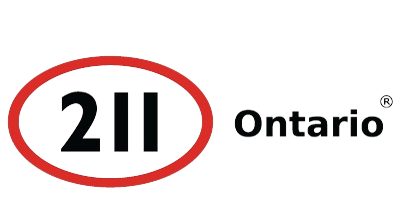
Open Referral in Ontario: A Big Step Forward
[This guest post is from Karen Milligan, the new executive director of Ontario 211. Welcome, Karen!] Excerpt: In partnership with iCarol, and leveraging the Human Services Data Specification, we are now developing a new web platform with new search capabilities to provide accurate and timely information to the public. Behind the scenes of this platform,…
-
Data-driven justice in D.C.
Access to clear, reliable, re-usable community resource directory data is not just important for people who are seeking services that meet their immediate needs — it’s also crucial for people who are seeking to understand the workings of the human service system as a whole, as they seek ways improve health and wellness for entire…
